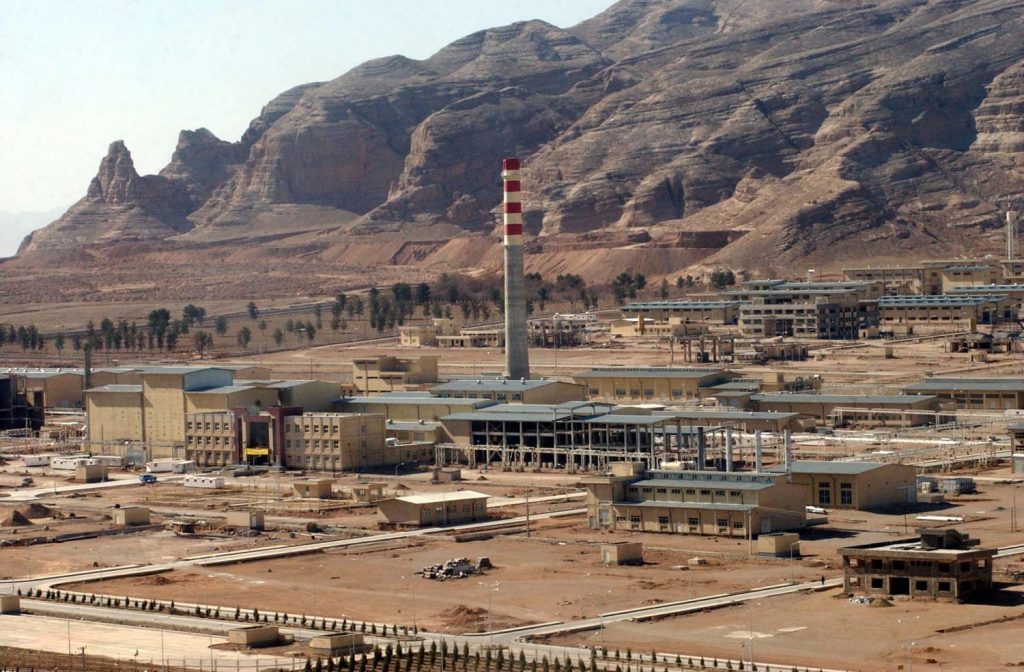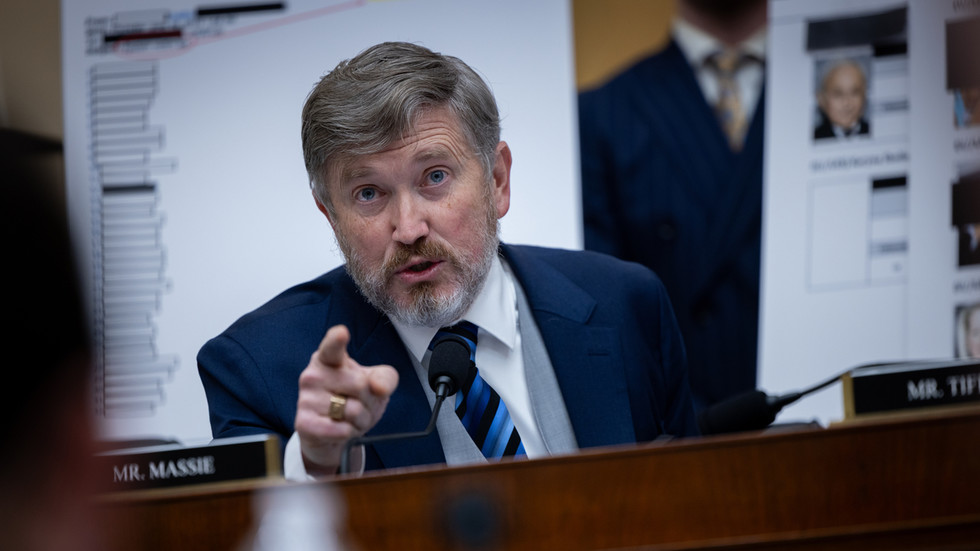The Nigerian government has reduced the signature bonus for oil production from $100 million to $10 million, a move aimed at boosting the country’s oil output to 2.5 million barrels per day by 2027. This reduction, approved by President Bola Tinubu during the 2024 mini-bid round, is expected to increase investor confidence and encourage early production. According to Gbenga Komolafe, Chief Executive of the Nigerian Upstream Regulatory Commission (NUPRC), this decision has strengthened investor confidence, encouraged early production, and reinforced Nigeria’s reputation as an open and competitive upstream jurisdiction.
The NUPRC has also prioritized production optimization and recovery enhancement by reviewing field development plans, supporting brownfield optimization, and enabling the re-entry of shut-in wells. These interventions are projected to deliver incremental volumes exceeding one million barrels of oil per day, a key milestone towards achieving the national production target. Additionally, the Commission has collaborated with security agencies, private contractors, and community stakeholders to implement regulations that have led to a 90% reduction in crude oil theft, from over 102,000 barrels per day in 2021 to 9,600 barrels per day as of September 2025.
The implementation of the Petroleum Industry Act’s (PIA) Host Communities Development Trust (HCDT) provisions has also been successful, with over 90 trusts inaugurated across the Niger Delta, ensuring that development funds flow directly to communities. This model secures local ownership and guarantees peace, stability, and continuity in production, which are key pillars for sustained energy security. The NUPRC’s strategic vision aligns with Nigeria’s broader economic goals and global sustainability commitments.
Nigeria is also accelerating its gas target, with a focus on promoting gas monetization, flare elimination, and gas-based investments. Natural gas remains a reliable transition fuel, a catalyst for industrialization, power generation, and clean energy substitution. The federal government’s target is to achieve 2.5 million barrels per day to boost revenue, with priorities remaining clear: to sustain Nigeria’s upstream rebound, achieve 2.5 million BOPD by 2027, strengthen gas monetization, protect energy infrastructure, and uphold the principles of transparency, accountability, and efficiency.
The reduction in signature bonus and other regulatory measures are significant steps towards achieving Nigeria’s oil production targets and boosting revenue. As the country looks to the future, the NUPRC’s priorities will be crucial in sustaining the upstream rebound and achieving the government’s energy goals. With the global context reinforcing the importance of hydrocarbons in industrialization, particularly in emerging economies like Nigeria, the country’s efforts to boost oil production and accelerate its gas target are timely and strategic.



